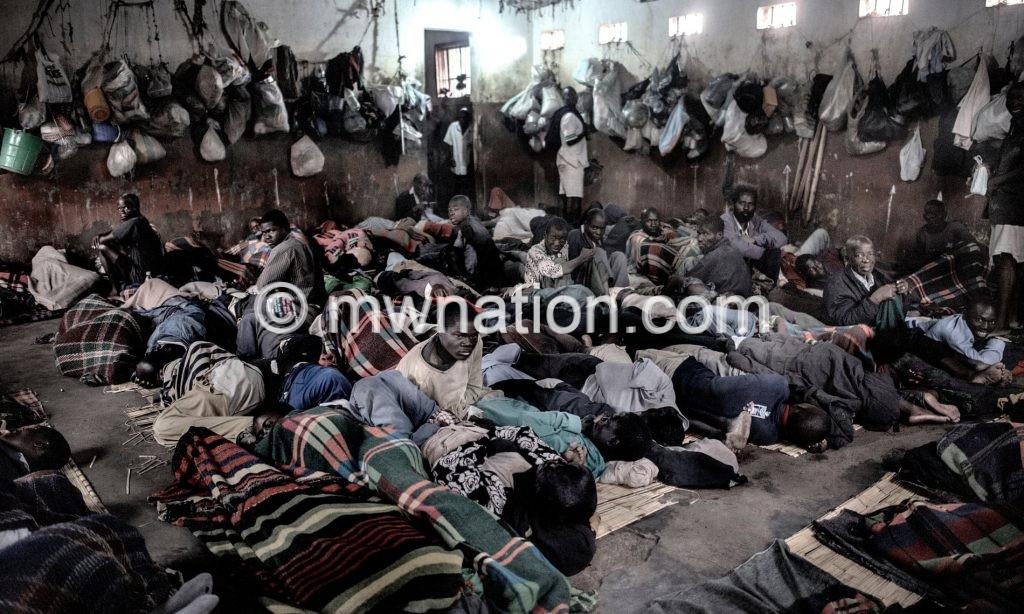‘Prisons struggle to access funds’
Malawi Inspectorate of Prisons (MIP) has revealed that most of the country’s prisons are facing challenges to access their funds through Integrated Financial Management Information Systems (Ifmis).
MIP chairperson Ken Manda said most of the prisons last accessed their funds for operations in July 2021, a development which has resulted in Malawi Prison Services (MPS) failing to pay its suppliers.

Manda, who is also High Court of Malawi judge, said this on Thursday when the inspectorate, whose members include the Ombudsman, visited Chichiri Prison in Blantyre to establish the institution’s condition.
He said for instance, Zomba Central Prison alone owes Southern Region Water Board about K231 million in water bills, a situation which makes the prison face frequent water challenges.
Said Manda: “Everybody keeps on blaming Ifmis. They [MPS] cannot repair their vehicles. Most of the prisons use electric pots and most of those pots are broken down. They cannot be repaired.
“So, they have to use firewood, which is also a challenge.”
He said they don’t know why the system is experiencing the challenges.
“It is our hope that we will have a meeting with the Ministry of Finance to see where exactly the challenges are because, to be honest, it is becoming a major issue in the prisons,” said Manda.
He stressed the need for the country to introduce a special fund for prisons as a starter to train inmates in different technical skills such as tailoring, bricklaying and commercial agriculture to enable prisons to be self-sustaining.
“If funds can be provided to prisons where you say, here is the seed money, buy materials we want you to produce uniforms, they can produce the uniforms and sell them to government at a reduced cost,” said Manda.
In a separate interview, Ministry of Finance spokesperson William Banda said Treasury has been providing funding as appropriated by Parliament and as per cash flow submitted by ministries, departments and agencies (MDAs).
But he said Treasury understands that some MDAs were having challenges in managing Ifmis due to lack of training.
Said Banda: “But to date, 1 600 people have been trained, including those from prisons.
“And the same challenges you can find with the Education [Ministry] because some secondary schools were not linked, but currently they have rectified that problem. So the issue is about understanding the technology.”
Records from MPS show that the country’s prison population fluctuates between 11 000 and 13 000.





